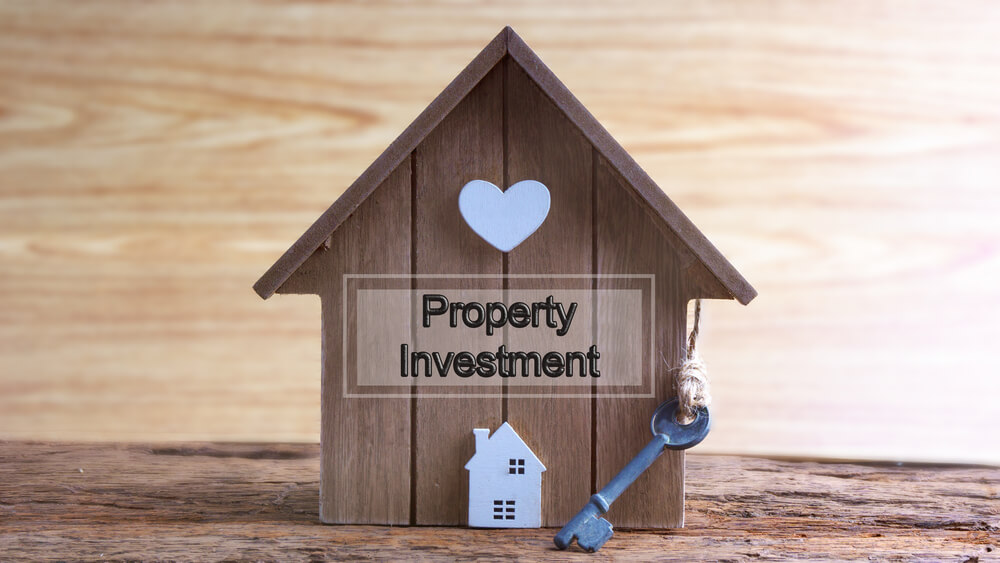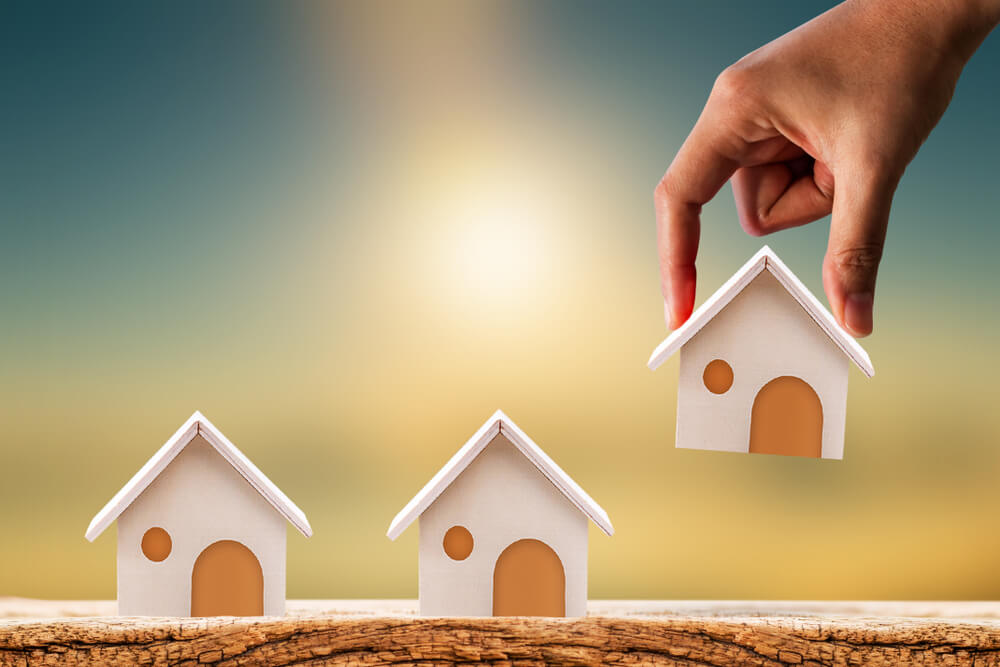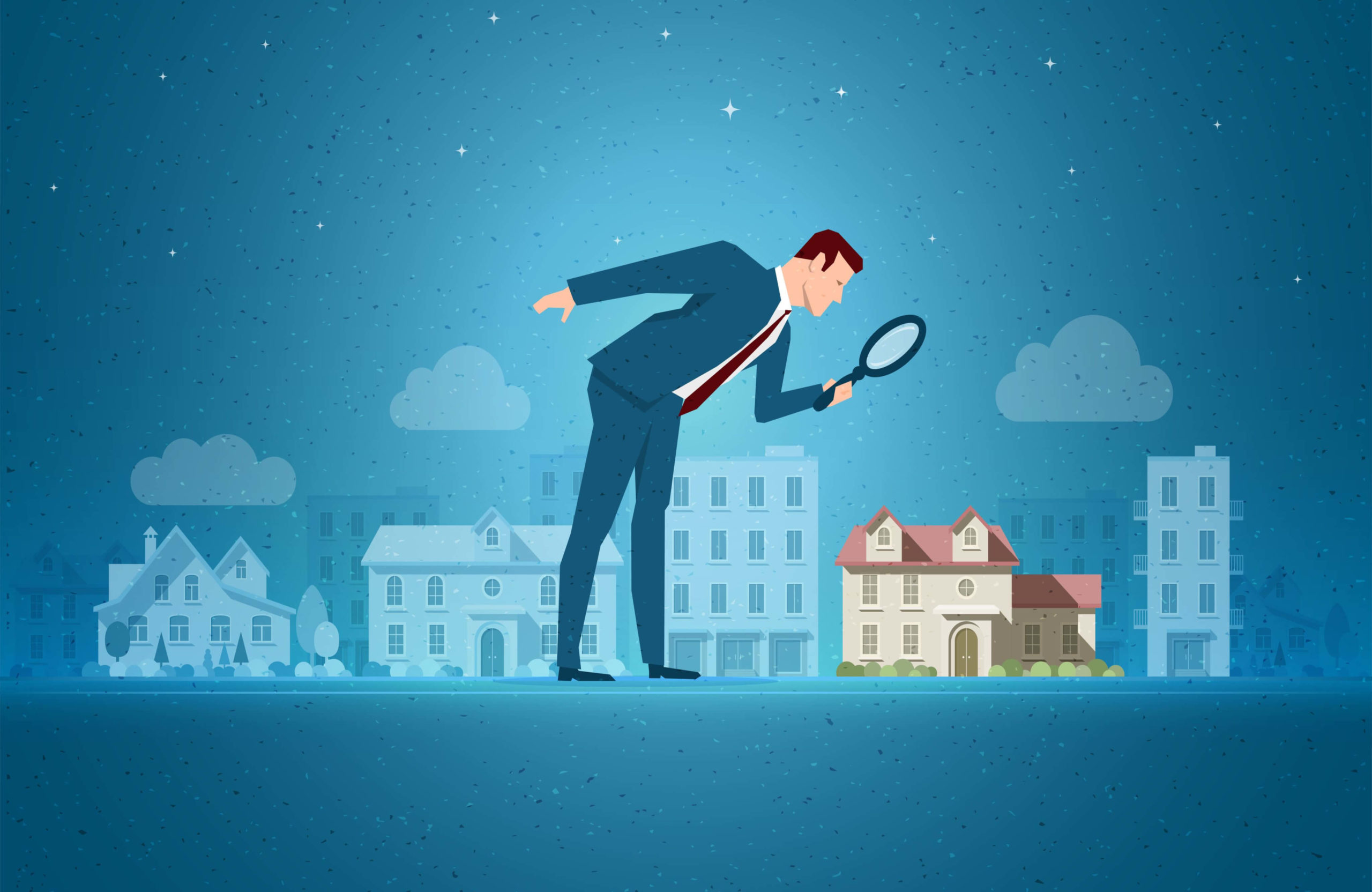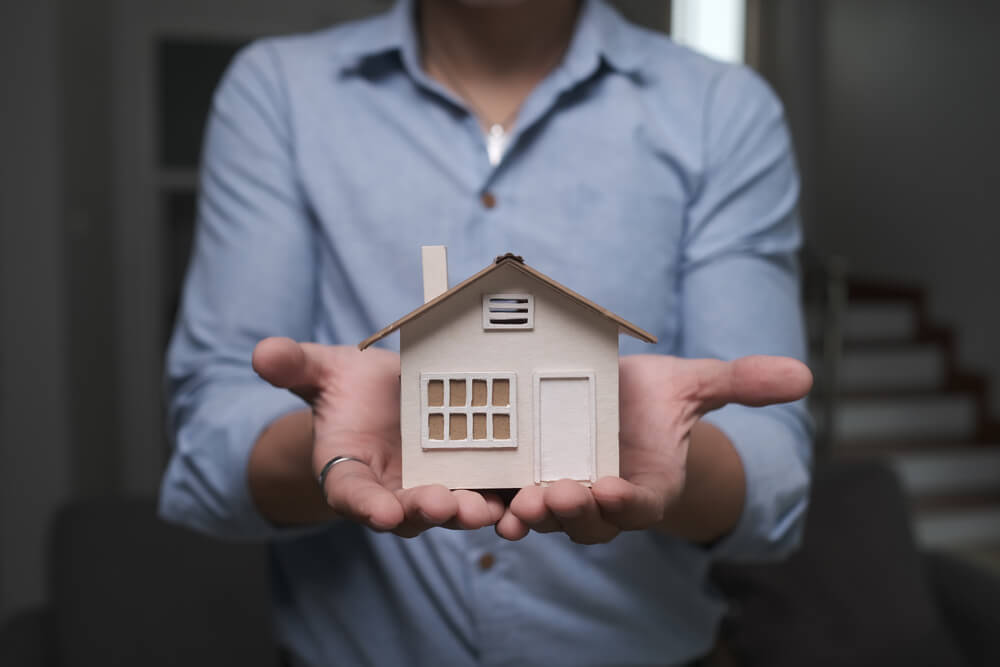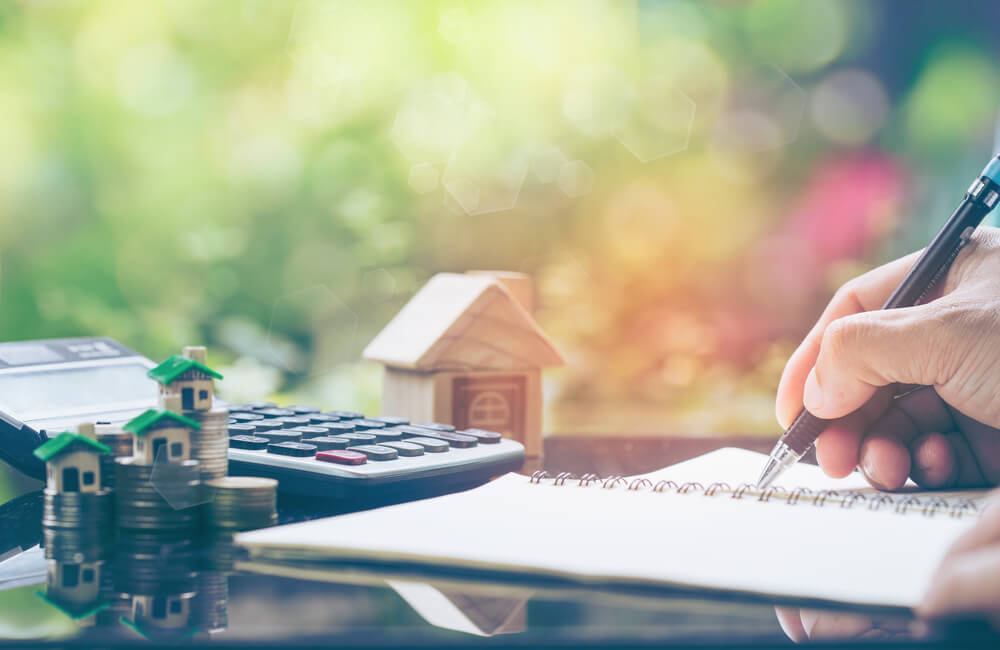Homeownership has always been a part of everyone’s dream and one of the traditional and primary sources of successful investment. For this reason, most people prefer to invest in house without considering its risks and benefits. If you are willing to invest in the house, you must beware of its gains and losses as you would have done otherwise whilst making any other investment decision. Read on to evaluate the important fundamentals of successful investment in property.
Long-term Investment in Property
Appreciation shows the rise in property values over time. Real estate value is cyclical, thus, homeowners shouldn’t expect a drastic increment in property value over a short period of time. However, if you keep your money invested in a house for a long time, you can sell it for a good price with profitable appreciation.
Property is the best long-term investment you can make. No matter how many dramatic dips the real estate market goes through, in the long term it always tends to rise in value.
Do Not Forget to Consider a Property Value
Property primarily appreciates due to the land on which the house rests, while the actual building devalues as time passes. Therefore, the aspect of “location, location, location” isn’t just a property catch-phrase but an essential consideration when invest in house. The neighbourhood you choose to invest in should have basic amenities like parks, well-conditioned roads, school districts, and many more. The city where the house is located considers all the factors in property value appreciation.
In this case, considering the fact that the land underneath the house may still be worth more than the building, a seller might consider spending a bit more on demolishing the structure to sell the land at a higher price than the residence.
-
Building Equity
The equity of a house shows the difference between your home’s market value and the amount you still owe on your mortgage. House appreciation and equity might be considered together. As mentioned above, your house value will likely increase in the market over time. Your equity value also rises as you pay back your mortgage, with less of your payment going in the direction of interest and lowering the balance on your mortgage loan.
Building your equity usually takes some time as it takes time to lower the primary balance of the mortgage loan- unless, indeed, you make a large down payment or ordinary payments. Bear in mind that the period of time you have your house is a substantial element in how much equity you build and the property appreciation you can realise. The longer you keep it, the more value you will receive.
-
The House and Equity Appreciation
As you pay back your mortgage and reduce the amount that remains, without even realising it, you are saving as the appreciation value of your house increases, similar to the value of your savings account grows with interest.
You will likely get back every penny you have paid and even more when you sell it after living in your house for long enough. Over time, the average 6% return (interest rate) on your savings will more than cover your initial investment.
The other plus point is that home equity offers flexibility to get a mortgage. Most homeowners follow their home’s appreciation and home equity simultaneously. In case the investor believes that the value of the house is greatly appreciating, they might also put off home equity to obtain a better opportunity in order to realise the seller’s appreciation value.
-
Location of the Property
Paying back your mortgage functions the same no matter where you live, but the increase in your property’s market value varies with the location. As per FHFA (federal housing finance agency) and HPI (house price index), property prices increased by an average of 51.85% in an approximately 5-year period.
-
Capital Gains Exclusion
Sooner or later, you will sell out your home. But when you do so, you’ll be able to keep the profits by not paying any gain taxes. The IRS (internal revenue service) permits you a tax-free profit of as much as $500,000 for a married homeowner couple and $250,000 for a single homeowner, but only for your primary residence and not for a second home or vacation farmhouse property.
You are required to meet a few criteria to be eligible for this exclusion. You must grant a hold of the property for at least up to 24 months, i.e., two years within the past five years up to the closing date of the property. The requirement of the property states that you must have lived in the property for at least two years during the tenure of the past five years leading to its sale.
-
The High Upfront Cost of the House
The cost of property investment could be high—there’s more to your spending than the property’s actual selling price and the interest rate on your property mortgage loan. As a closing cost, you can expect to pay anywhere from 2% to 5% of the total purchase price.
A few of the most common closing costs include an application charge, appraisal charge, title insurance, attorney charge, first-year homeowner insurance premium charge, property taxes, home inspection charge, mortgage insurance, title search, points (prepaid interest), recording charge, origination charge, and a survey charge. The professionals say that you must invest in a house, if you have plans to stay for at least five years in order to recover the cost.
-
Tax Deductions
After the appreciation of the invested property, the profit of homeownership, which is given, is usually a tax deduction or a saving. When you purchase a home, you can deduct some of the cost of owning that house from the taxes you pay off to the government. For instance, the mortgage loan interest on both your second and your primary home can add up to thousands of dollars each year.
Interest on house-equity loans or HELOC (house equity lines of credit) is also inferable if the money is used to enhance the sustainability of the house. You can also deduct some amounts from SALT (state and local taxes) along with the property tax.
Invest in House for Below-Tax Benefits
The tax cuts and the Jobs Act decreased the value of purchasing a house. Therefore, while there are tax benefits to owning a house, the law restricts the mortgage interest deductions to the total mortgage debt. Another hit to home ownership, the SALT deduction limit was raised by some specific amount. However, despite these changes, homeowners still get an advantage at tax time versus tenants.
KEY TAKEAWAYS
- Beware of the benefits along with their potential risks before you invest in house.
- The advantages of investing in a house come with appreciation, tax deduction, home equity, and deductible expenses.
- The risks of investing in property include the high upfront costs, illiquidity, and depreciation.
- A house could be a good long-term investment, but creating equity is a key aspect.
- Property appreciates not only because of the property itself, but also because of the property on which it is built.
The Bottom Line
Invest in house is a true investment in property, no matter which country. Investment in property comes with several benefits and risks. Therefore, weighing advantages against risks becomes essential at this point. A sensible comparison between its pros and cons can help you make a sound decision on whether to invest in a house or to invest your money elsewhere.
Frequently Asked Questions (FAQs)
What type of property is best for investment?
The best investment properties include multi-family houses, detached single-family houses, Airbnb rentals, or mobile homes. Real estate is the best method to grow your wealth.
Is property a good investment in Toronto?
Yes, real estate is a profitable investment method in Toronto for most investors. There are various kinds of property investment that you can enter into, like the rental industry or house flipping.
What are the types of real estate investments?
There are various types of real estate investments that investors are willing to put their money into, such as commercial real estate, residential real estate, investing in land, and industrial real estate.
How do you grow your money in Canadian real estate?
You can grow your money through investing in Canadian real estate by buying and holding, through residential rental income, commercial rental income, land rental income, house flipping, Airbnb your property, investing in REIT stocks or REIT ETFs.
How do you financially prepare for homeownership?
First of all, evaluate your house renting versus buying cost; check your credit and repair them accordingly; check your debt and calculate your affordability; and save a healthy down payment.


